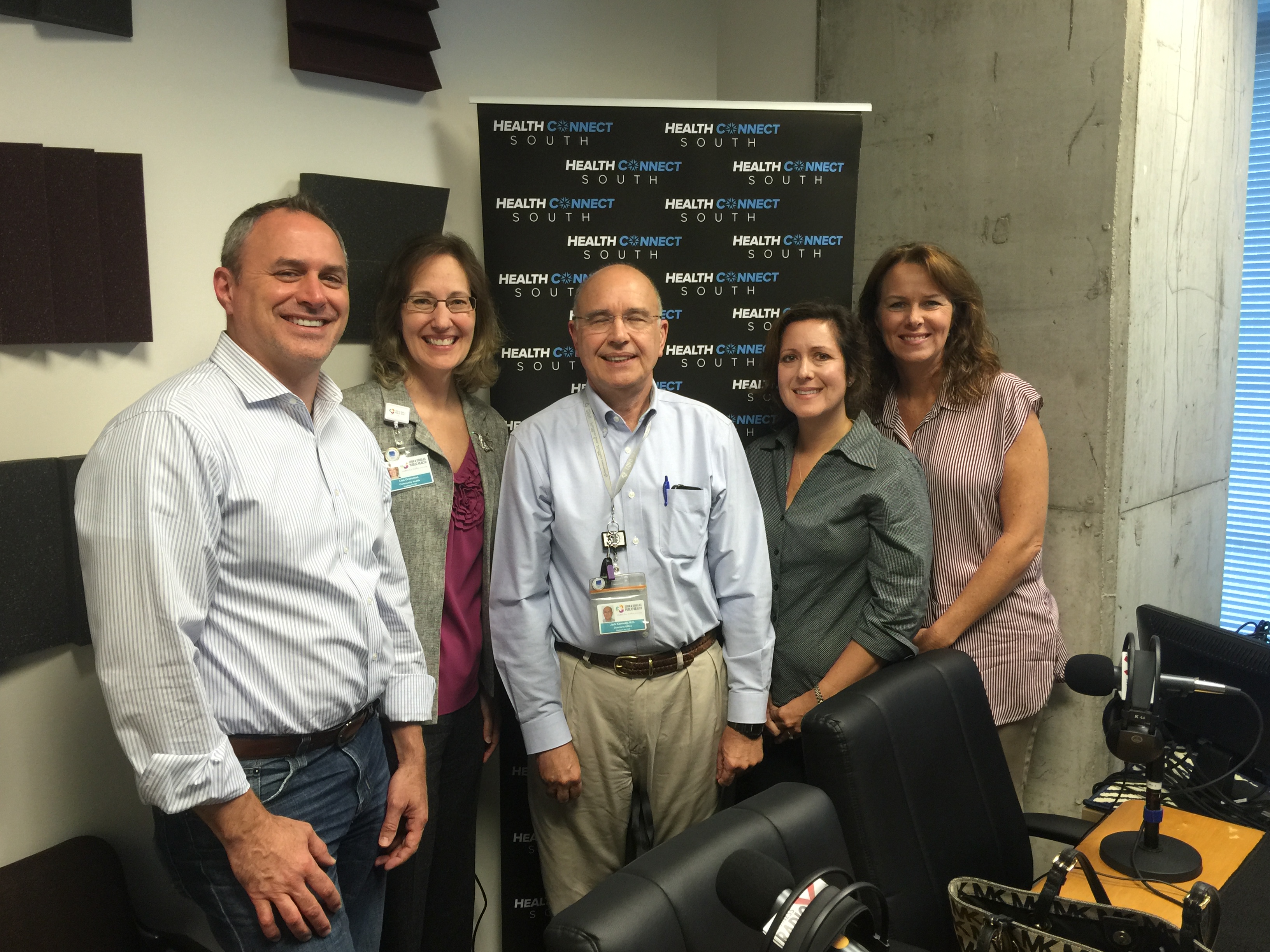

Cobb2020
A few months ago, I learned about a health initiative coordinated through the Cobb-Douglas Department of Public Health. This far-reaching effort aims to improve the health of this region that hosts over 800,000 residents across a number of health and lifestyle markers such as smoking, obesity, access to primary care, and many more.
Established in 1920, Cobb & Douglas Public Health’s (CDPH’s) mission is, “with our partners, to promote
and protect the health and safety of the residents of Cobb and Douglas counties.” CDPH serves over
800,000 residents. Many of its 30-plus health programs are population-based, although some cater
specifically to particularly vulnerable populations.
Services are delivered through diverse programs provided at several public health clinical locations as well as through several additional partnership sites. One of 18 public health districts in the State of Georgia, CDPH is comprised of two distinct boards of health—the Cobb County Board of Health and the Douglas County Board of Health. Cobb2020, The Partnership for a Healthier Cobb County and Live Healthy Douglas facilitated by Cobb and Douglas Public Health (CDPH), continues to make steady progress on the priorities established in the 2012 Community Health Improvement Plan (CHIP).
Both Cobb and Douglas Partnerships were established in April 2011 and utilizing the Mobilizing for Action through Planning and Partnership (MAPP) process, the coalitions conducted a thorough Community Health Assessment. The two Steering Committees, made up of diverse community members, outlined the top health priorities for the counties which included improvement of health lifestyles and access to health services. The teams helped to draft the
CHIP in December 2012 which outlined the MAPP process including the structure for the partnership, Community Health Assessments, Strategic Issues and Community Balanced Scorecards for evaluation.
Using the CHIP, The Cobb2020 and Live Healthy Douglas Implementation Teams (I-Teams) working on Healthy Lifestyles and Access to Health Services selected evidenced based strategies and developed detailed action plans which were published in June 2013. The I-Teams continue to review and revise strategies (with oversight from the Steering Committee) based on evaluation data. An overall assessment and update of I-Team plans was completed in December 2014. The I-Team plans were updated for 2015 to focus on initiatives which have been truly successful, impactful and sustainable.
Since the I-Team plans were completed in 2012, much progress has occurred. Listed below are a few highlights of successful activities from 2014.
Three new Farm Fresh Markets opened in the Spring of 2014 in a food dessert in Austell, GA. An existing Farmer’s Market in Mabelton, GA completed certification to accept SNAP (i.e., food stamps) for produce. Several Cobb2020 partners established regular mini-markets onsite for their employees and clients.
A no-smoking ordinance for parks and cemeteries in the City of Kennesaw passed in June 2014. A new Childhood Obesity Grant was obtained from Healthcare Georgia to support work on joint use agreements and work with school wellness councils. A Cobb2020 partner, Good Samaritan Health Center of Cobb was approved as a Federally Qualified Health Center (FQHC) bringing more resources to improve access to health services.
Special Guests:
Dr. Jack Kennedy, District Director, Cobb-Douglas Department of Public Health/Cobb2020 ![]()
![]()

Lisa Crossman, Deputy Director, Cobb-Douglas Department of Public Health
Becky Shipley, MS, of YMCA of Metro Atlanta ![]()
![]()
![]()
















